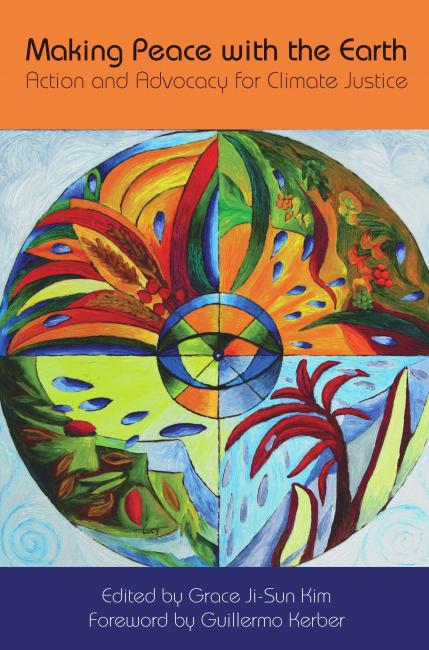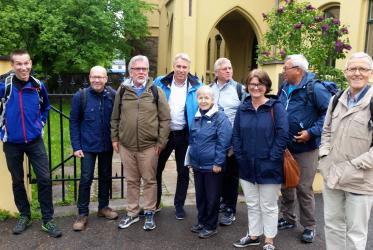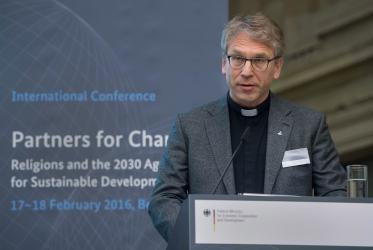Displaying 161 - 180 of 238
22 June 2016
Panel discussion fields ideas on European identity
26 April 2016
WCC conference explores ecological injustice in Uganda
21 April 2016
Catholic-WCC group pursues new mandate
13 April 2016
International affairs facilitator reflects on pilgrimage
31 March 2016
Religious leaders as agents of peace in the Americas
02 March 2016
Religion and Violence Prevention in the Americas
28 February - 01 March 2016
Washington D.C., United States - Attendance by invitation only.
Symposium focuses on religion, violence, extremism
04 February 2016
WCC/UN conference calls for coordinated action on refugee crisis
20 January 2016














